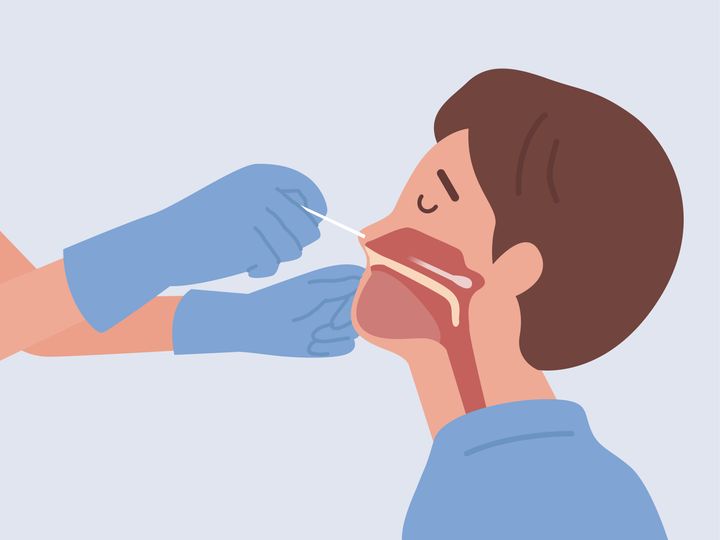
Bacterial and viral tract infections are the most prevalent illnesses affecting humans globally. Tract infections are often responsible for high rates of hospitalizations in infants and older adults. Ham Lake nasal swab is one of the tests to establish the presence of tract infections.
What is a respiratory tract infection?
It is essential to understand what constitutes the respiratory tract. It refers to all the organs involved in breathing, including the nose, throat, trachea, bronchi, and lungs.
A respiratory tract infection occurs when there is a pathogen in the organs involved in breathing. Upper respiratory tract infections affect the upper portion of the tract, including the nose, sinuses, and lungs.
Upper respiratory tract infections may include:
- Common cold or flu
- Sore throat or pharyngitis
- Sinusitis or sinus infections
Lower tract infections affect the lower portion of the respiratory system. They tend to have more severe symptoms than upper tract infections.
Lower respiratory tract infections include:
- Pneumonia
- Bronchitis
- Bronchiolitis
When is a respiratory infection test necessary?

Testing is crucial for specific groups of people susceptible to viral infections. That may include infants, the elderly, and patients with an immune disorder. The test helps vulnerable people manage their condition more effectively.
A test may also be required if a given factor forces a change in the patient management protocols. For example, a viral test could be necessary during the flu season. The results will help establish whether treatment is needed to minimize disease complications.
Types of tests
GatherWell offers several tests to detect respiratory infections so that you can start treatment immediately. The tests may include:
Rapid antigen detection tests
Your doctor will swab your nose and throat and place them in a solution. A liquid is added to the solution to test for a specific microbe. The test usually takes between 10 to 15 minutes. It produces results within half an hour.
The test is more accurate for symptomatic people. But for people with no visible symptoms, the results are not always reliable. Your doctor will propose other tests to check for viral infections.
Respiratory PCR panel

A respiratory PCR panel can diagnose viral infections such as flu, COVID-19, or the common cold. It can also test bacterial infections such as bacterial pneumonia and whooping cough.
Your provider inserts a swab into the nose and rotates it. The swab may be pushed up to the entry of the throat.
A respiratory PCR panel test only needs one sample to check for multiple bacteria and pathogens. The results are usually ready within 24 hours. It is more reliable for asymptomatic cases of COVID-19.
21 Panel allergen test
The panel allergen test can detect potential reactions to specific allergens. The process may also assess your health risk for asthma, respiratory allergies, and hay fever.
The test involves making a minute scratch on your skin. Panel allergen tests detect your body’s reaction to more than 21 environmental compounds. The non-invasive procedure may evaluate allergens like grass, pollen, mold spores, and weeds.
Contact GatherWell to schedule an appointment for a viral infection test today.








